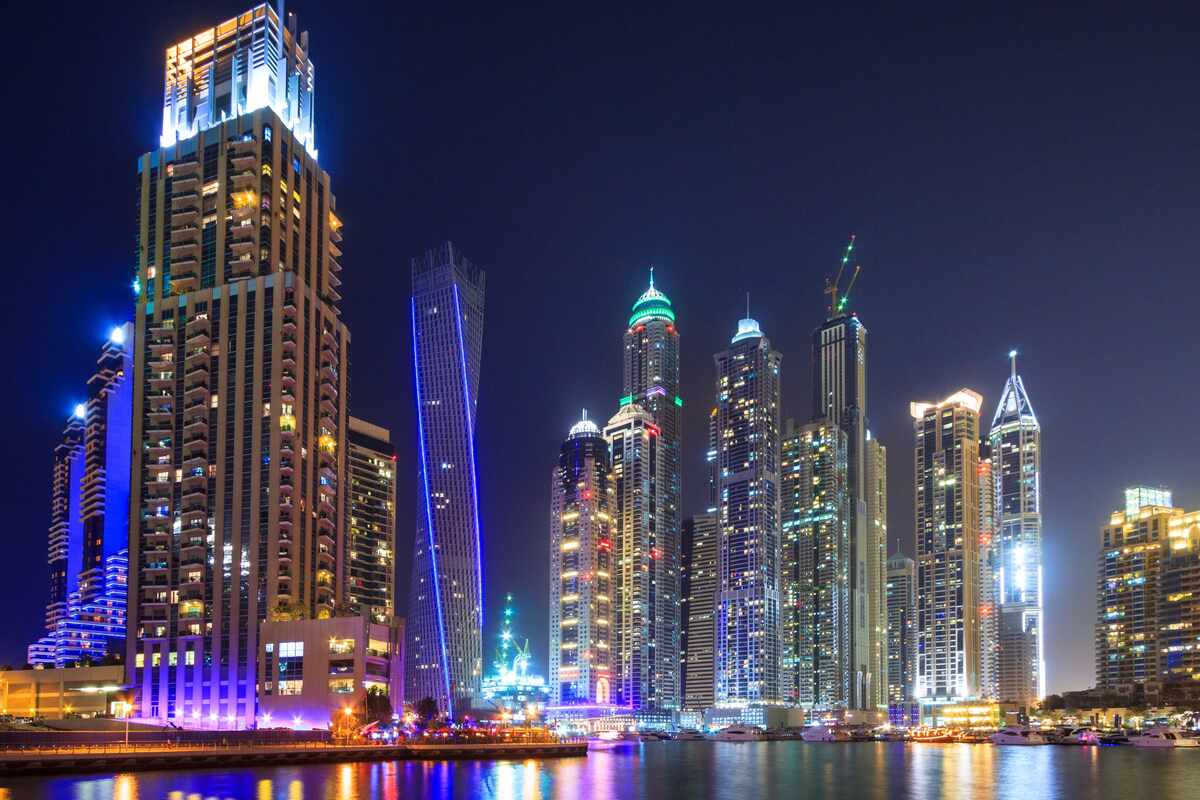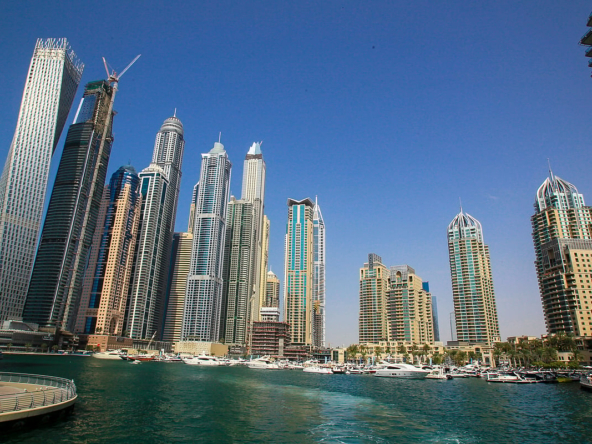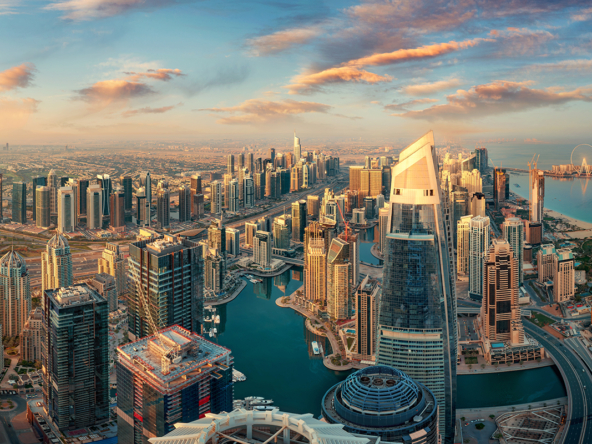Over 1,300 units were transacted at values exceeding the AED10 million mark in Q1 2025, marking a 31 percent annual increase.
Dubai’s residential real estate sector kicked off 2025 on a high note, driven by ongoing population growth and increasing interest from investors. The Savills Q1 2025 Dubai report revealed a significant 23% year-on-year rise in transaction volumes during the first quarter, showcasing the emirate’s balanced blend of investment appeal and quality living.
🏗️ “Off-plan sales remained the dominant force in Q1 2025, accounting for 69% of all property transactions,” noted Rachael Kennerley, Director of Research at Savills.
Kennerley also highlighted the strong supply in Dubai’s housing market, with over 30,000 residential units launched during the quarter—primarily apartments. “This figure more than doubled compared to the same time last year, as developers moved quickly to meet elevated market demand,” she added.
Apartment Sales Lead Dubai’s Real Estate Transactions 🏢
The ready property market, which includes transactions in completed and handed-over units, made up 31% of total real estate transactions, according to the report. Within this segment, apartment sales accounted for 81%, reinforcing the apartment sector’s dominant position in Dubai’s housing inventory.
Taking a broader view of the market, apartments represented 76% of all property sales during Q1 2025. Nonetheless, the villa and townhouse category experienced a noteworthy comeback, increasing its share from 18% in Q4 2024 to 24% in Q1 2025.
Popular communities situated along the Al Khail corridor—including Jumeirah Village Circle (JVC), Dubailand, Damac Hills 2, The Valley, and Damac Lagoons—collectively contributed 55% of total transactions and 56% of newly launched units. The report attributes this trend to land saturation and rising costs in Dubai’s core neighborhoods, which are pushing new developments toward suburban and emerging areas.
Surge in Dubai’s Prime Residential Market 💎🏡
Dubai’s prime residential sector continued to perform exceptionally well, benefiting from the city’s attractiveness to high-net-worth individuals (HNWIs). Key drivers include a high standard of living, favorable tax policies, ease of doing business, and the popular Golden Visa program.
In Q1 2025 alone, over 1,300 transactions exceeded the AED 10 million mark, reflecting a 31% annual increase in high-value property deals. Unlike the broader market, villas dominated this segment, capturing 73% of prime sales. This marks a 52% year-on-year increase and a 4% rise from the previous quarter.
💬 “Demand within Dubai’s prime property sector hasn’t just held—it has strengthened,” said Andrew Cummings, Head of Residential Agency. “In an era of tariff disputes, global unrest, and tax unpredictability, the world’s wealthy are increasingly turning to Dubai. Villas with privacy and space remain top choices, although supply remains limited.”
Dubai Real Estate Outlook Remains Positive Amid Global Headwinds 🌍📈
Looking forward, the outlook for Dubai’s residential property market remains optimistic. Despite ongoing global economic and political turbulence, Dubai’s stable governance, business-friendly environment, and regulatory advantages are set to continue attracting both residents and investors.
That said, the development pipeline remains substantial, and the market will require a strategic balance between supply and demand to maintain momentum and avoid saturation.
Key Takeaways for Q1 2025 📊
-
🏘️ 23% YoY rise in total transaction volume.
-
🏗️ Over 30,000 units launched, mostly apartments.
-
🏢 Apartments dominate with 76% of total sales.
-
🏡 Villas & townhouses increase share to 24% of transactions.
-
💰 Prime market sees 31% growth in AED 10M+ deals.
-
🌆 Key hotspots: JVC, Dubailand, Damac Hills 2, The Valley, Damac Lagoons.
-
📉 Limited land in core areas pushing growth toward emerging communities.
-
🌐 Strong outlook supported by Golden Visa, low taxes, and ease of doing business.
Final Thoughts
Dubai’s residential real estate market has entered 2025 with clear strength, supported by healthy demand, robust supply, and solid investor confidence. As developers focus on meeting demand in both mainstream and luxury segments, and as more global buyers seek a safe and lucrative environment, Dubai is well-positioned to sustain growth through the rest of the year.




